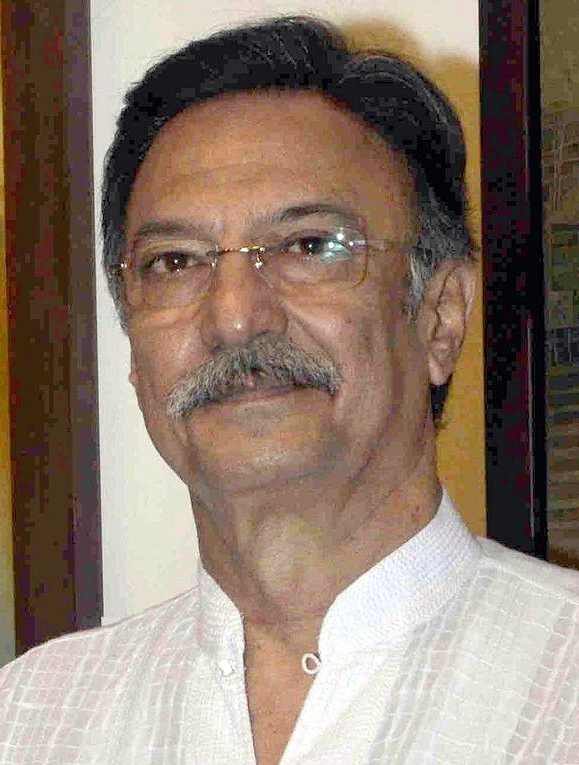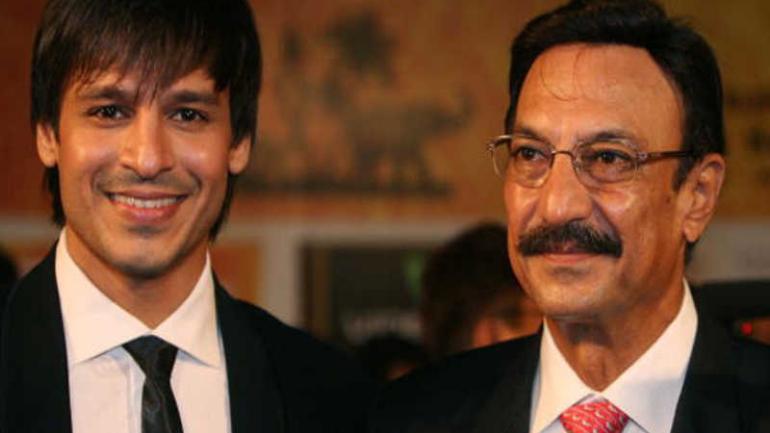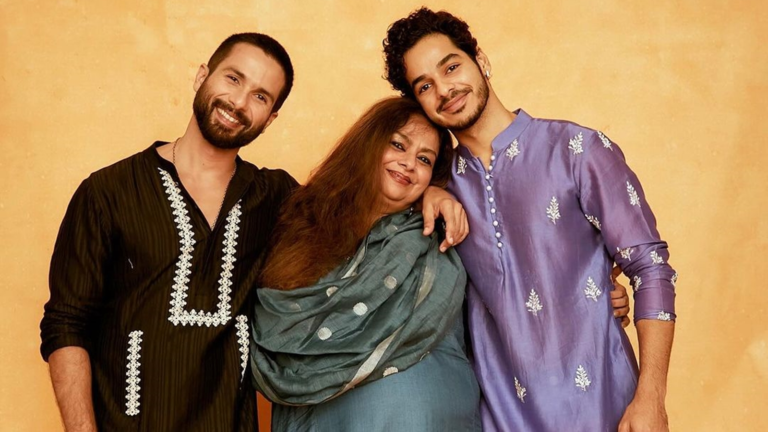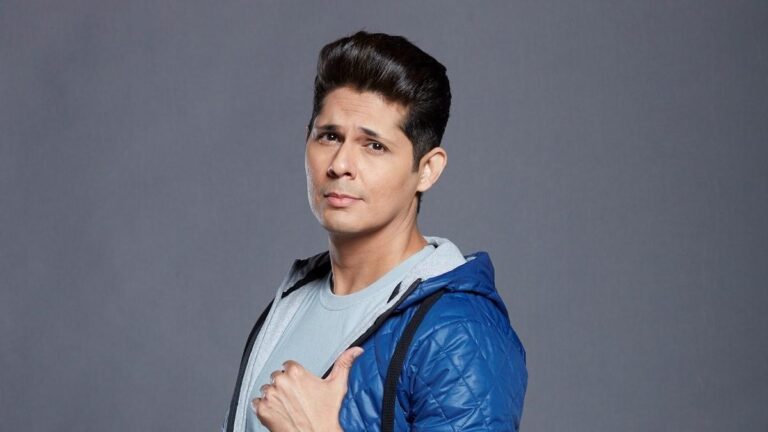Suresh Oberoi: The Veteran Actor Who Defined a Generation of Indian Cinema
Suresh Oberoi, a stalwart of Indian cinema, has graced the screen with his compelling performances and charismatic presence for decades. Known for his versatility and dedication, Oberoi’s career spans a rich tapestry of roles that have left a lasting impact on Bollywood. From his early beginnings to his status as a respected veteran, Suresh Oberoi’s journey in film is a testament to his enduring talent and contribution to the industry.
Early Life and Entry into Acting
Born on December 17, 1936, in Quetta, which is now part of Pakistan, Suresh Oberoi grew up amidst the tumult of post-partition India. His family relocated to Mumbai, where he completed his education. Although his initial interest was in engineering, Suresh’s passion for acting led him to pursue a career in cinema.
Oberoi began his film career in the 1960s, appearing in small roles before gaining significant recognition. His early work in films like Rakhwala (1971) and Khatta Meetha (1978) showcased his ability to adapt to various characters and genres, laying the groundwork for a prolific career.
Suresh Oberoi : Defining Roles and Critical Acclaim

The 1980s and 1990s were pivotal decades for Suresh Oberoi, marked by a series of memorable performances that established him as one of Bollywood’s leading actors. His role in Rakhwala (1971) as a police officer won him critical acclaim, but it was his performance in Kshatriya (1993) and Maqsad (1984) that solidified his reputation. His portrayal of complex characters, often blending depth with intensity, was widely praised.
One of Oberoi’s most iconic performances came in the 1985 film Uphaar. His role as the supportive and morally upright character resonated with audiences, showcasing his ability to bring gravitas to both dramatic and action-packed roles. His work in Ram Lakhan (1989) and Tridev (1989) further cemented his status as a versatile actor capable of handling diverse roles with ease.
Transition to Television and Production
In addition to his successful film career, Suresh Oberoi ventured into television, where he continued to showcase his acting prowess. His performances in TV shows like Mahabharat (1988), where he played the role of King Dhritarashtra, were well-received and added a new dimension to his career.
The 1990s also saw Oberoi expanding his horizons into film production. His production ventures, including Jeevan Ek Sanghursh (1990), allowed him to explore different facets of the film industry and contribute to its creative process. As a producer, Oberoi’s focus was on creating content that resonated with audiences, further establishing his commitment to the industry.
Suresh Oberoi : Legacy and Personal Life
Suresh Oberoi’s legacy is marked by his impressive body of work and his influence on subsequent generations of actors. His son, Vivek Oberoi, followed in his footsteps and has carved out his own successful career in Bollywood. Suresh’s support and guidance have been instrumental in Vivek’s career, reflecting a family deeply rooted in the cinematic arts.
Beyond his professional achievements, Suresh Oberoi is known for his dignified public image and dedication to philanthropy. His involvement in various charitable causes and his contributions to social issues highlight his commitment to making a positive impact beyond the film industry.
Continuing Influence and Future Prospects
As a veteran actor, Suresh Oberoi’s influence on Indian cinema remains significant. His ability to adapt to changing cinematic trends while maintaining the essence of his craft reflects his enduring relevance in the industry. Although he has reduced his screen presence in recent years, his contributions to Bollywood continue to inspire new generations of actors.
Looking ahead, Suresh Oberoi’s career serves as a benchmark for excellence in Indian cinema. His legacy is defined not only by his memorable performances but also by his role as a mentor and supporter of the film industry. As Bollywood evolves, Suresh Oberoi’s impact will undoubtedly be remembered and celebrated for years to come.



